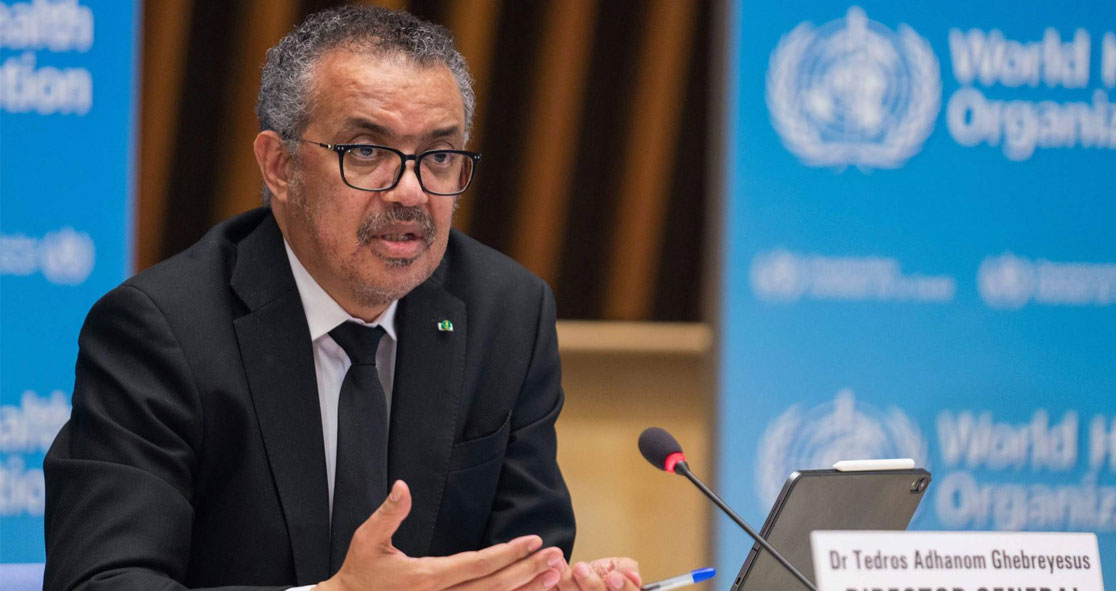WHO Director-General Dr. Tedros Adhanom Ghebreyesus said the COVID-19 pandemic has proven that the world needs an international pandemic treaty.
He said this treaty would help boost global health security and empower the WHO, according to NPR.
Attending the final day of the World Health Assembly in Geneva. Dr. Tedros told diplomats, “This is an idea whose time has come.”
In March, over two dozen world leaders said that they support an international treaty on pandemic preparedness and response. They even signed a letter whose signatories notably did not include the leaders of the U.S., China, or Russia.
More than 30 countries, along with every EU member, supported the notion of an international pandemic treaty in November.
In response to an NPR inquiry, the WHO said Monday, “The United States was one of the countries that supported the resolution to hold the special session. That is not to say it has committed to supporting the treaty yet, as the process of moving forward was only confirmed today.”
In his closing remarks, Dr. Tedros welcomed calls for a stronger and better-financed WHO. However, he said more resources and authority are direly needed but an international treaty would connect nations in ways that strengthen the world’s health security.
“At present, pathogens have greater power than WHO,” he explained. “They are emerging more frequently in a planet out of balance. They exploit our interconnectedness and expose our inequities and divisions. The safety of the world’s people cannot rely solely on the goodwill of governments.”
Dr. Tedros believe that a treaty would make nations more accountable to one another.
The WHO chief went on to say that the lack of sharing of information, technology, resources, and data has been the pandemic’s defining characteristic.
He acknowledged progress in reducing the number of COVID-19 cases and deaths, but he said there is more work to do to end the pandemic, calling it “a monumental error for any country to think the danger has passed.”
Dr. Tedros said together, the world still faces “the same vulnerabilities that allowed a small outbreak to become a global pandemic.” Getting emotional during the briefing, he asked, “How is it difficult for humans to unite and fight a common enemy that is killing people indiscriminately? Are we unable to distinguish or identify the common enemy?”























